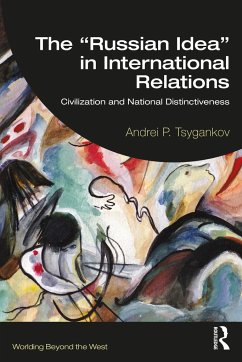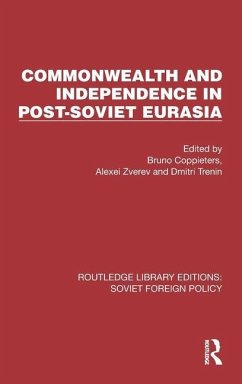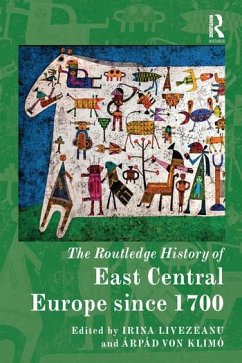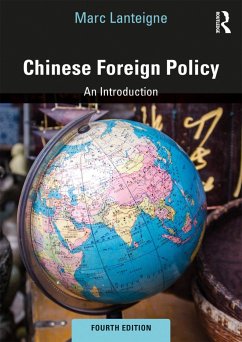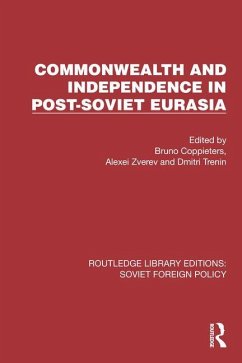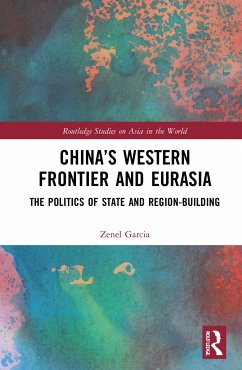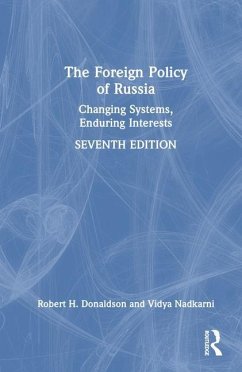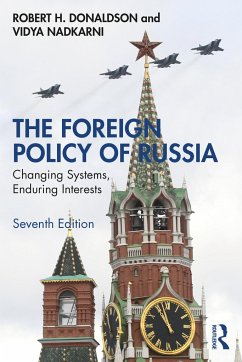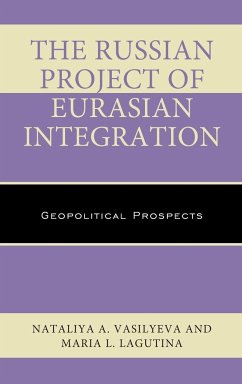
The International Politics of Eurasia
v. 10: The International Dimension of Post-communist Transitions in Russia and the New States of Eurasia
Versandkostenfrei!
Versandfertig in 1-2 Wochen
55,99 €
inkl. MwSt.

PAYBACK Punkte
28 °P sammeln!
First Published in 2015. Routledge is an imprint of Taylor & Francis, an Informa company.





